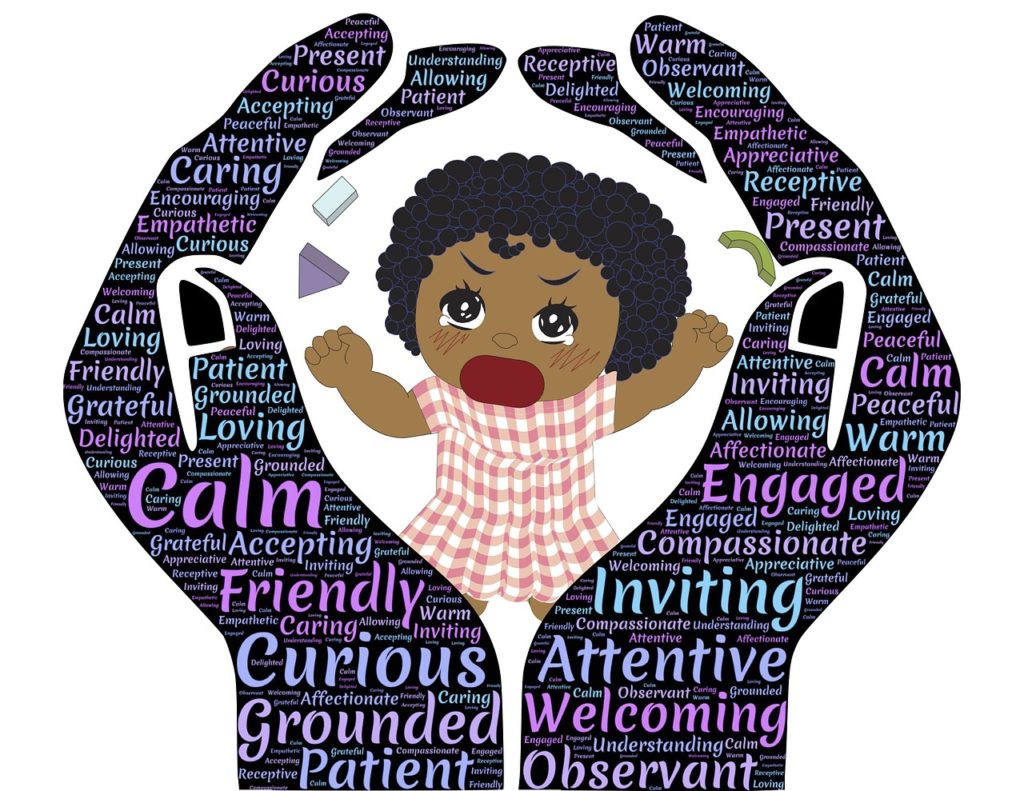HOW TO DEAL WITH TANTRUMS BY INCREASING SELF-REGULATION – ladies who online
It is crucial for parents to distinguish between self-control and self-regulation. This idea also applies to the distinction between misbehavior and stress behavior. Parents often struggle with tantrums caused by stress behavior. If the parent or teacher fails to make these distinctions and reacts to the child’s behavior as if it is a choice to behave badly, chances are the parent responds with agitation or even worse, a raised voice or harsh punishment.
Harsh punishment will often send the child into a “freeze response” and the adult concludes with some satisfaction that their punishment “worked.” In fact, this type of response can make matters worse, adding to the child’s stress level and tantrum behavior.

When parents begin to view their child’s tantrums and other challenging behaviors in terms of “self-regulation in response to stress, arousal and energy levels, rather than in terms of [the lack of] self-control and [the lack of] compliance,” then the parents can begin to think about a whole new way of responding to that child.
One of the most important ways of responding differently, whether the kids are misbehaving or it’s a stress behavior, is that the parent needs to calm their own emotional brain in order to help the child to calm theirs. Parents need to learn to first calm themselves in order to help kids avoid tantrums. They will need to validate their children’s negative feelings, and then accept and try to respond to them. They can coach kids to verbalize how they feel and encourage them to solve problems. They can also teach their children how to settle their body. Children need to understand that it’s important to have strong emotions. But we also need to control it or else they will end up making silly decisions or doing things that will land them in trouble.
Big feelings come and go, is a storybook that teaches kids about freeze, flight and fight. It helps them learn some basic self-regulation skills. Understanding freeze, flight and fight can allow for new conversations about how your child feels and what to do to help them manage their big feelings.
 VitaHealth assured its dedication to halal quality with “Pilih Halal, Pilih VitaHealth” Campaign
VitaHealth assured its dedication to halal quality with “Pilih Halal, Pilih VitaHealth” Campaign  Malaysia’s First AI-Driven Fitness Centre, REVERY Idealistic, Partners with REVERY Pharmacy
Malaysia’s First AI-Driven Fitness Centre, REVERY Idealistic, Partners with REVERY Pharmacy  Kinohimitsu Launched their 2025 Chinese New Year Gift Packs – What’s On Malaysia
Kinohimitsu Launched their 2025 Chinese New Year Gift Packs – What’s On Malaysia  Reimagine the Future! UNICEF Bersama Malaysia World Children’s Day
Reimagine the Future! UNICEF Bersama Malaysia World Children’s Day  Kinohimitsu & Watsons Malaysia | Wellsure Sugabalance Product Launch
Kinohimitsu & Watsons Malaysia | Wellsure Sugabalance Product Launch  KL TOWER INTERNATIONAL TOWERTHON 2024 WITH TURKISH AIRLINES
KL TOWER INTERNATIONAL TOWERTHON 2024 WITH TURKISH AIRLINES  Atria Shopping Gallery: Festive Spirit with a Vibrant ‘Luminous Raya’ | Malaysia Blogger
Atria Shopping Gallery: Festive Spirit with a Vibrant ‘Luminous Raya’ | Malaysia Blogger  Belcolade, The Real Belgian Chocolate brand of Puratos | Malaysia Blogger
Belcolade, The Real Belgian Chocolate brand of Puratos | Malaysia Blogger  Retro Ramadan Raya | Sheraton Imperial Hotel | Malaysia Blogger
Retro Ramadan Raya | Sheraton Imperial Hotel | Malaysia Blogger 











